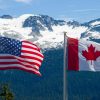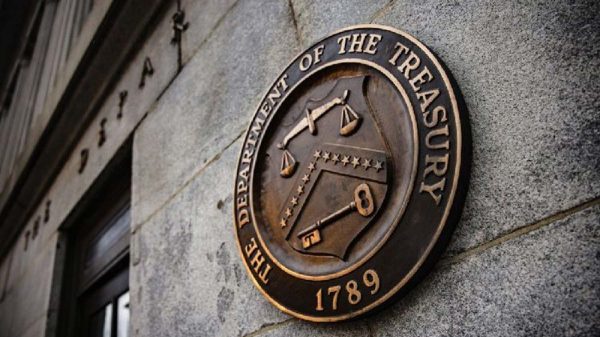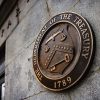Swiss pharmaceutical giant Roche has announced plans to invest $50 billion in the United States over the next five years, signaling a significant shift in the global pharmaceutical landscape. The move comes as the White House considers imposing tariffs on pharmaceutical imports, a policy that could reshape the industry’s trade dynamics.
This landmark investment, disclosed on April 22, 2025, will create over 12,000 jobs, with 1,000 directly tied to Roche and the remainder supporting new U.S.-based manufacturing capabilities. Roche’s CEO, Thomas Schinecker, emphasized the company’s commitment to the U.S. market, stating that the investment underscores Roche’s “long-standing commitment to research, development, and manufacturing in the U.S.”
Navigating Tariff Threats
The backdrop to Roche’s decision is the growing pressure from the White House under President Donald Trump, who has threatened to revoke the pharmaceutical industry’s exemption from import tariffs. Earlier this month, the president hinted at a “major tariff on pharmaceuticals,” prompting global pharmaceutical leaders to reconsider their U.S. strategies.
Roche’s announcement follows a wave of similar investments by other pharmaceutical giants. Earlier in April, Novartis revealed a $23 billion plan to expand its U.S. operations, creating 4,000 jobs across 10 new facilities. Meanwhile, AstraZeneca, though focused on building a Beijing hub, reiterated its strong commitment to the U.S. market, which houses two of its largest R&D centers.
For Roche, the $50 billion investment is not just a response to potential tariffs but also an opportunity to solidify its position as a leader in innovation and manufacturing. Schinecker noted that the U.S. has been a driving force behind Roche’s success, thanks to its “110-year legacy in the United States” and a robust ecosystem for intellectual property, innovation, and job creation.
Strengthening U.S. Manufacturing and R&D
Roche’s investment will focus on upgrading its U.S. infrastructure to meet the demands of a rapidly evolving pharmaceutical market. The company plans to establish state-of-the-art research and development (R&D) facilities and expand its manufacturing footprint. New R&D sites in Massachusetts will concentrate on artificial intelligence and serve as hubs for research into treatments for cardiovascular, renal, and metabolic diseases.
Additionally, Roche will build a 900,000-square-foot manufacturing center in an undisclosed location to support its growing portfolio of next-generation weight-loss medicines. Once the expansion is complete, Roche anticipates exporting more medicines from the U.S. than it imports, a strategic move that could mitigate tariff-related risks and bolster its global supply chain.
Economic Implications
Roche’s investment is a clear win for the U.S. economy. Beyond creating thousands of jobs, the influx of capital will strengthen America’s position as a global hub for pharmaceutical innovation. States like Indiana, Pennsylvania, Massachusetts, and California, where Roche plans to expand its facilities, are poised to benefit significantly from the economic ripple effects.
The move also highlights the shifting priorities of global pharmaceutical companies. As geopolitical tensions and trade policies evolve, firms like Roche are prioritizing local manufacturing and R&D to ensure supply chain resilience and maintain access to key markets.
A Broader Industry Trend
Roche’s decision is part of a broader trend among pharmaceutical companies to double down on U.S. investments. The threat of tariffs, coupled with America’s status as the world’s largest pharmaceutical market, is pushing companies to localize production. This shift aligns with the Biden and Trump administrations’ shared goal of reducing dependence on foreign pharmaceutical imports and bolstering domestic manufacturing.
While the tariffs themselves remain speculative, the mere prospect has been enough to trigger proactive measures across the industry. For Roche and its peers, these investments are not just about avoiding tariffs—they are about future-proofing operations in an increasingly uncertain global economy.











